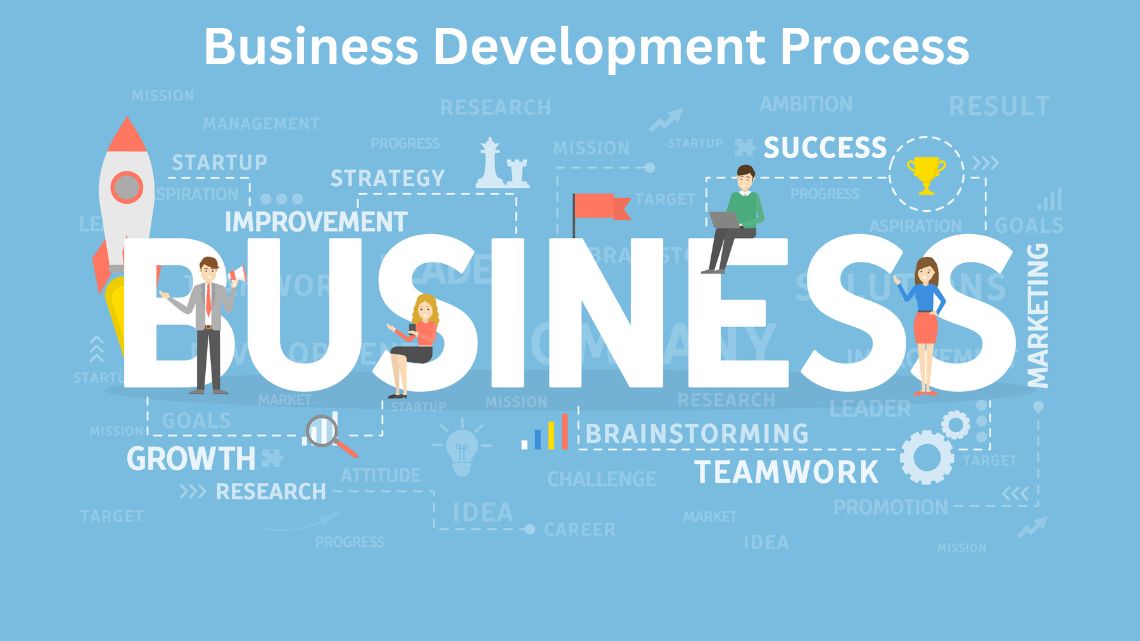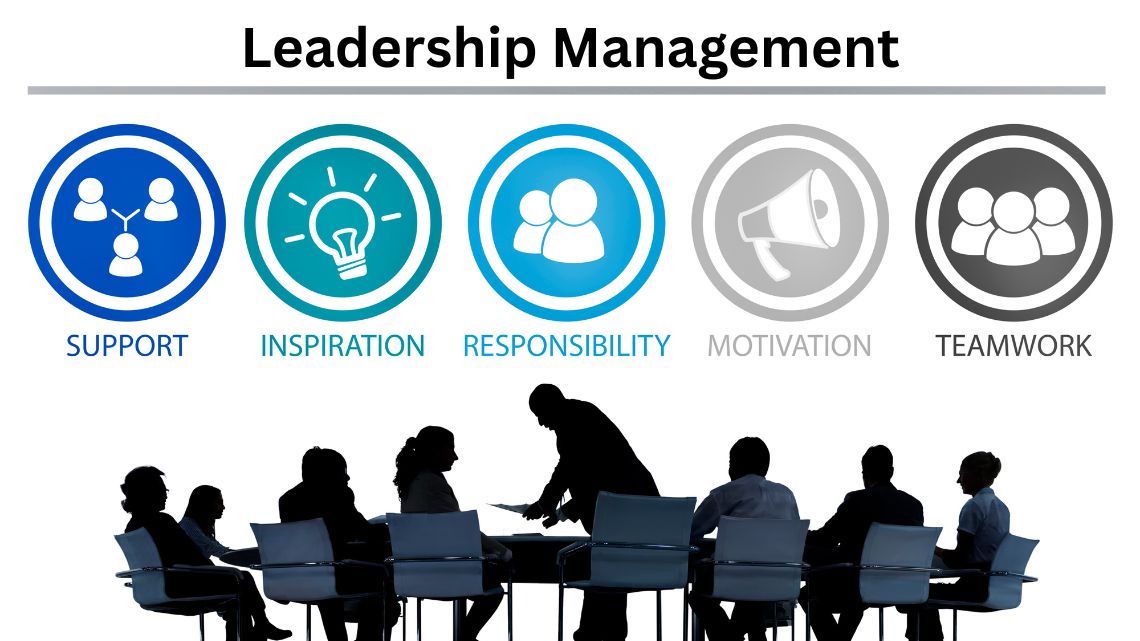Why Business Service Management Matters for Growing Businesses
Scaling businesses in a VUCA environment is highly complex, especially when you factor in multi cloud environments, services-based applications and in a landscape of evolving digital service offerings. The conventional infrastructure focused management approaches often led to expensive service downtime, poor end-user experience and lost revenue opportunities. Business Service Management (BSM) allows an organization to shift its focus from technology-infrastructure to providing comprehensive, goal aligned business services. BSM helps directly convert the IT Operations to business objectives, thereby increasing the likelihood of meeting ROI milestones more effectively. In the current states of accelerated digital transformation, increasing adoption of Cloud native...
Read More











